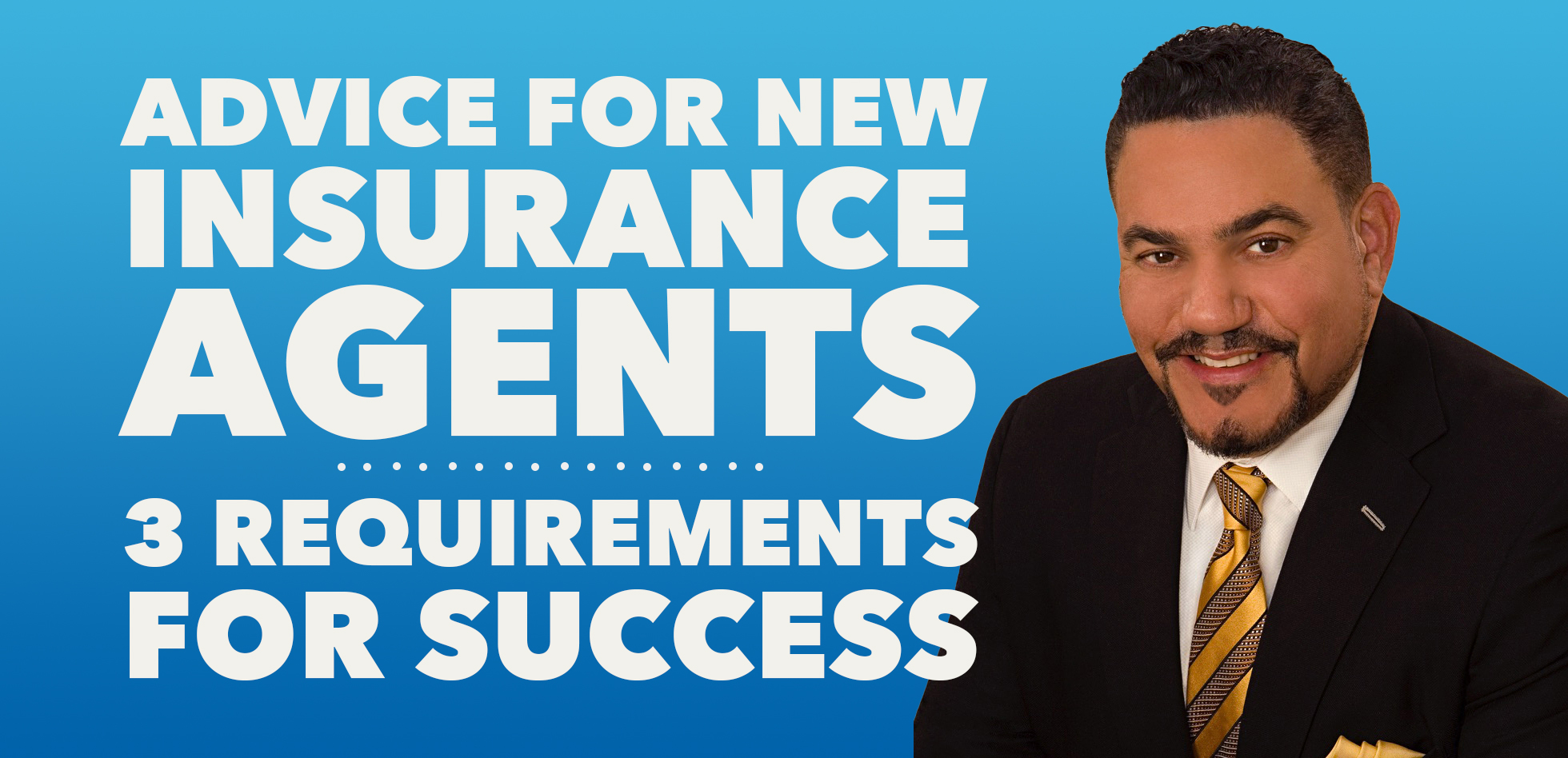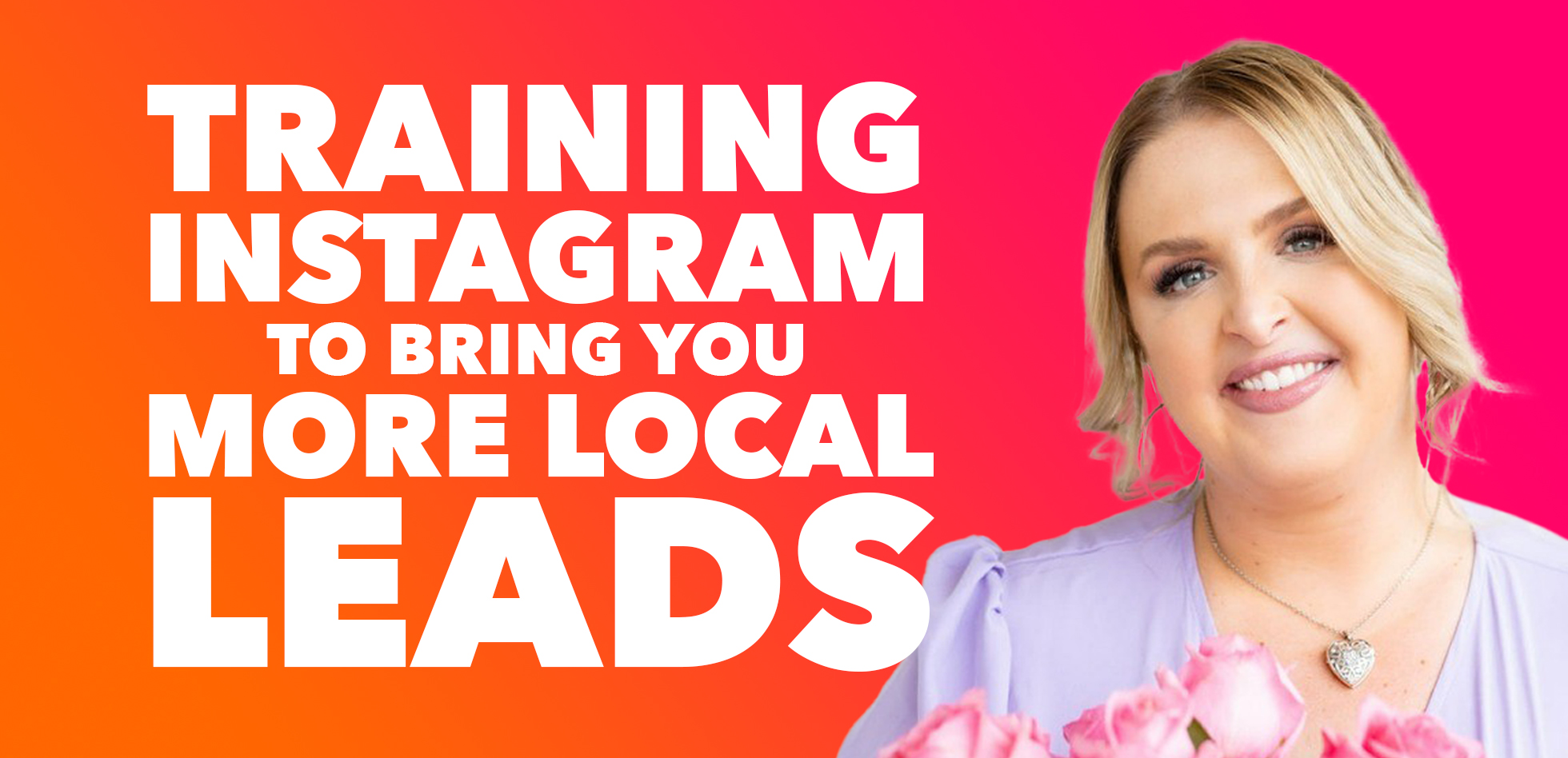By the time a sales caller has been in the business for a year or two, they’ve likely heard every objection known to man. “I’m moving out of the country in a week!” “My friend used your product and hated it!” *Slams phone down
But every seasoned sales professional also knows that for every objection they hear, there is an answer to direct the conversation back on track. Here are just a few of the most common objections to a sales call, and the responses you can use to combat them.
We don’t have any money for that right now.
One of the most common objections, budget constraints, can come in many forms. Your prospect might say that there is not money left in the budget, that they only have money to allocate to other things, or that your product is too pricey. In any of these cases, it’s important to, first and foremost, highlight the value in your product and the ROI it will bring to their business. You could do this by sharing success stories of similar businesses to theirs, and potentially offering a sign-on discount or other form of credit if they decide to opt in right away.
I don’t think your product could help me.
Another common response, we don’t need to tell you that it can be difficult to convince an unwilling prospect that your product will bring immense value to their business. But, in most cases, the prospect realizes that they could be doing more in x, y, and z and have simply decided not to. It’s your job to make them understand the power of your product, and the necessity of using it.
I’m busy right now—call back later.
A prospect who says they are too busy to hear your pitch is just trying to get you off the phone, but this doesn’t have to turn into a second call. Before you hang up, try getting a few more pieces of information from the prospect to see what questions they could have about your product, and the best way to send them more info. If you follow up with an explanatory email or kit, they’ll be more likely to accept your call again, or sit down for a more formal pitch meeting.
I don’t have a problem with “that” in my business.
No matter what you’re selling, there will always be a prospect who is in denial about the pain points of their business and the need to address them. Some people prefer to ignore their problems until it’s too late, so it’s up to you to convince them that by coming on board now, they can avoid serious problems down the line. Explain some of the qualms of previous prospects who have seen success with your product and how you were able to address them.
We’re already working with [insert competitors name here].
Just because a prospect is already working with a similar product as yours doesn’t mean they are seeing results with your competitor nor are they happy with the level of service they are receiving. Sometimes hearing that a prospect is already in business with one of your top opponents is a huge benefit because you can more easily identify the areas they are unhappy with and what your product can do to fix that. Whether your product is more expensive than your competitor, there is plenty of room to negotiate and highlight the value in making a switch.
Before you cave to a prospect’s objections, remember that under the surface, there is plenty of leeway to convince him or her in the value of your service. In the world of sales, the first no doesn’t always mean no forever.









 Apple Podcasts
Apple Podcasts
 Google Play
Google Play
 Spotify
Spotify











